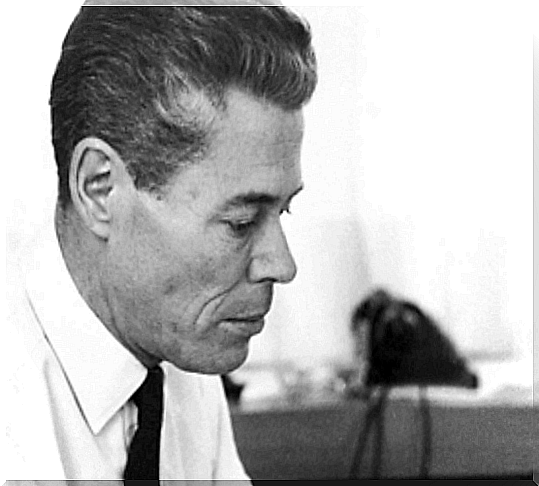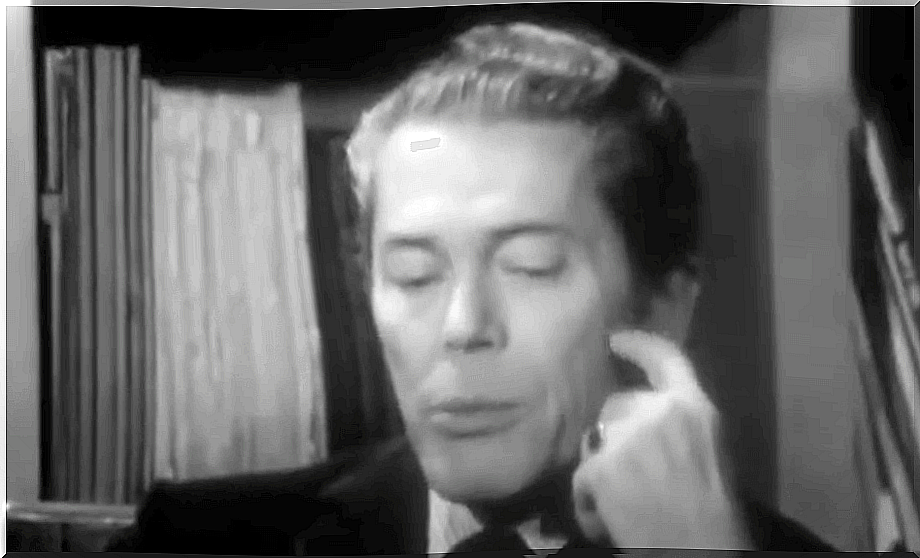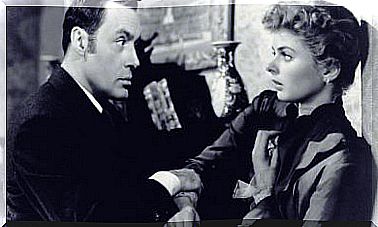Jacques Monod: The Nobel Who Challenged The Nazis And Soviet Pseudoscience

Passionate about the advancement of science, Dr. Jacques Monod dedicated his life to the discovery of knowledge. His contributions to molecular genetics are extraordinary. However, science was only one of his interests.
Jacques Monod was many things throughout his life. Aspiring conductor, hero of the French resistance and scourge of Soviet pseudoscience who wanted to set aside Darwin’s legacy. He was a contact person for scientists hunted beyond the Iron Curtain.
But above all, he was one of the founders of molecular biology and the discoverer of the mechanism to regulate gene expression. An achievement for which he won the 1965 Nobel Prize in Medicine.

Life of Jacques Monod
Jacques Monod was born on February 9, 1910 in Paris, France. Son of Lucien Monod, a French artist and Sharlie MacGregor, of American origin. At the age of seven, his family moved to Cannes, in the south of France, where he lived until he went to university. His father was a passionate follower of Darwin, he loved music and art history.
In 1938, Jacques Monod married Odette Bruhl, a leading archaeologist who brought a culture complementary to his own. They had two twin children, Olivier and Philippe. Their father did nothing to influence them to inherit his love of science.
On the contrary, he did his best to convince them that the realm of knowledge and ideas is not limited to the current connotation of the word “science.” However, they both became scientists: one a geologist and the other a physicist.
Scientific contribution of Jacques Monod
Monod is one of the founders of the field of molecular biology. Thanks to the work he carried out with François Jacob, today we know how genes regulate cellular metabolism by directing the biosynthesis of enzymes. The couple shared, along with André Lwoff, the Nobel Prize in Physiology or Medicine in 1965.
In 1961, Jacob and Monod proposed the existence of a messenger ribonucleic acid (mRNA), a substance whose base sequence is complementary to that of deoxyribonucleic acid (DNA) in the cell. They postulated that the messenger carries the “information” encoded in the base sequence to the ribosomes, places where protein synthesis occurs. It is here that the base sequence of the messenger RNA is translated into the amino acid sequence of a proteinaceous enzyme (biological catalyst).
Advancing the concept of genetic complexes that they called operons, Jacob and Monod postulated the existence of a class of genes that regulate the function of other genes by affecting the synthesis of messenger RNA. For this work, which has generally been shown to be correct for bacteria, the two men received a Nobel Prize.
Literary work of Jaques Monod
After receiving the Nobel Prize, Monod was appointed president of the Collège de France in 1967. In addition to his new academic duties, Monod spent time writing on the philosophy of biology and evolution. These controversial works were later published in the novel Chance and Necessity.
The novel became a best-seller, both in the United States and in France. It is the first scientific postulate of the objectivity of nature: nature has no intention or objective.
Monod defended in his book the total denial of value judgments when evaluating the truth. This “ethic of knowledge” was opposed to the ingrained philosophical and religious confidence in morals of that time.
Pasteur Institute and the fight for legalization of abortion
Jaques Monod was appointed director of the Pasteur Institute, which faced the consequences of decades of financial mismanagement. Fearing impending bankruptcy, Monod spent the last years of his life helping the organization bypass government control.
He was described as “authoritarian and inflexible” when he restructured the institute and forced several heads of research into early retirement. In contrast to this unkind perception, Jacques Monod was said to be extremely generous and benevolent to laboratory technicians and auxiliary personnel.
Unfazed by the controversy, he led the movement to legalize abortion in France, serving as president of the French movement for family planning. Before the legalization of abortion in France in 1975, Monod used to give money to those who contacted him privately for help.
Resistance and fight against the Nazis
In the fall of 1940, once the occupation was established, threads of the Resistance against the Nazis formed and joined one of the first groups. A couple of years later, when he joined the most militant resistance group, a communist-led group that was actually murdering German officers in the streets and carrying out sabotage.
Monod had joined the communist party only out of obligation. When he joined the resistance, he realized that if he was not a communist, he would have almost no say in how the organization was run. But he had serious reservations about the Communists. After the war and the start of the Cold War, both Monod and Camus developed serious reservations about what was happening in the Soviet Union.

Fight against Soviet pseudoscience
After World War II, Stalin began a process of Sovietization of science. Soviet scientists were prohibited from publishing in the West and staying away from its influence. Thus, Western ideas had to be abandoned, including 50 years of research in genetics.
There was a public announcement in the Soviet Union rejecting Gregor Mendel’s genetics and chromosomal theories of genetics. Some of them were the Nobel Prize winning work of TH Morgan in the 1930s in the United States. Monod opposed and questioned this whole process of “sovietization” strongly throughout his life and scientific career.
Philosophical Issues of Molecular Biology De Jaques Monod
Jaques Monod, after winning his Nobel Prize, decided to take on the philosophical implications of molecular biology. He took Camus’s approach, which was a kind of traditional philosophical reasoning, and added a new empirical body of evidence that came from molecular biology.
Jacques Monod emphasized in Chance and Necessity the role of chance in life on Earth. Chance mutations were at the root of everything in the biosphere. He felt that it was a very deep idea, but that the philosophers, the governments had not understood it, much less the theologians.
His book explored the ramifications of a kind of new biology, but in a very Camussian way. In short, Monod left us a legacy on the philosophy of science that goes far beyond scientific achievements, useful for everyone who wants to get closer to it.









